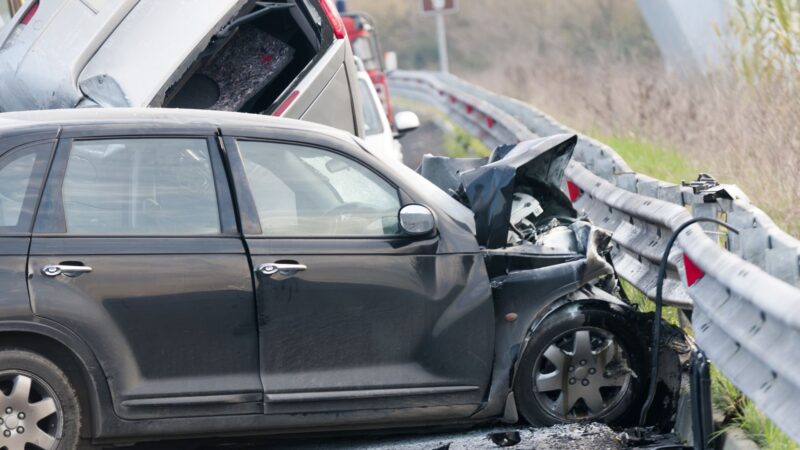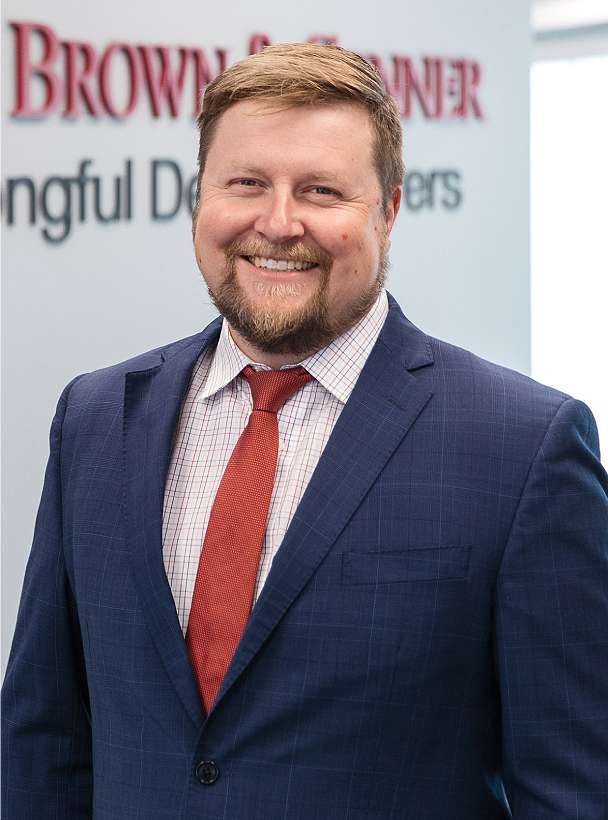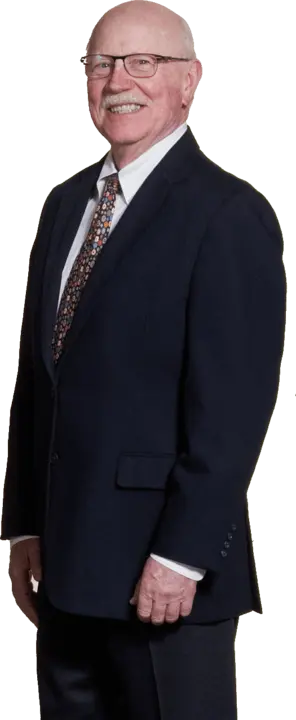Dealing with the aftermath of a car crash is a challenge for any driver, but the challenge is made worse when you know the crash wasn’t your fault. After an accident, you’ll be dealing with injuries and medical costs while also having to navigate the claims process and fight with insurance companies to prove you weren’t at fault. Accidents can happen at any time, and knowing what to do after a car accident that’s not your fault will help you protect your rights before you ever get behind the wheel.
In a “fault” state like Washington, if you weren’t responsible for the crash, you likely won’t have to pay for your damages or anyone else’s. In this post, the Brett McCandlis Brown & Conner team will guide you through what to do after a car accident that’s not your fault so that you can improve your chances of receiving compensation.
Steps to Take After a Car Accident That’s Not Your Fault
There are a few simple steps you can take immediately after a car accident that can help you when you pursue compensation later on. However, if you can’t complete some or all of these steps by yourself, an experienced attorney can help you investigate your accident and collect evidence.
Get Medical Help
Even low-speed car accidents can cause serious injuries. You may feel fine after a seemingly minor crash, but it could take days or even weeks for the full extent of your injuries to manifest. Be sure to get a medical exam after a car accident, even if you think you’re fine. Seeking medical treatment will also create a record of your injuries. Your attorney can use these records to support your claim.
Contact Law Enforcement
You’ll need to file an accident report with either law enforcement or the Washington State Department of Licensing (DOL). A report must be filed within four days of the crash. If an officer reports to the scene, they’ll usually file the report, and no further action is required on your part. Contacting law enforcement is the easiest and most efficient method of filing a report.
If law enforcement doesn’t respond to the scene, both you and the other parties involved in the accident must file a report with the DOL within four days.
Gather Witness Information
Information you should gather from any witnesses present includes:
- Name and any available contact information;
- Pictures of the accident scene and vehicle damage that any witnesses may have taken; and
- Brief statements and recollections from the witnesses present.
Gathering information yourself can help refresh your own recollection of the accident later on. It can also help you correct any factual errors in the police report or the records on file with the DOL if you need to do so later.
What Happens After a Car Accident That Is Not Your Fault
Even when a car accident isn’t your fault, you must still take certain steps to report your accident. You might also find it helpful to learn a bit more about car accident liability laws and the insurance claims process so that you can better understand your legal options.
Research State Laws and Insurance Coverage
The rules for who is responsible for covering the cost of accident losses can vary by state. In “fault” states, like Washington, the driver who caused the crash is required to pay damages to the driver who wasn’t at fault. Typically, it’s the at-fault driver’s car insurance company that covers these costs. However, if you bore any responsibility for the accident at all, your recovery can be reduced proportionately by your share of the fault. This is known as contributory fault.
An experienced Washington car accident lawyer can help you understand how Washington’s personal injury laws apply to your case.
Notify Your Insurance Company
Even if you’re not at fault in a car accident, you’ll want to inform your own insurance company about the crash. There are several reasons to do so, even if the accident was minor or the other driver has admitted fault. Those reasons include the following:
- The driver at fault may not have the money to compensate you for damage to your body or your vehicle;
- Your insurer can help you challenge the at-fault driver’s insurer to obtain the fullest compensation possible; and
- If the other motorist has insufficient coverage and you have uninsured or underinsured motorist coverage, your insurer may cover your damages.
If you delay informing your own insurer, you may not be able to seek protection from them later on.
Discuss Suing the Other Driver’s Insurance Company
After an accident, the at-fault driver’s insurance company may seek to settle your case right away. Insurance companies often try to settle for a lump-sum payment in exchange for you agreeing to give up any future claims you may have against them or the at-fault driver. Unfortunately, these initial settlement offers tend to be low and might not cover all of your damages.
You may need to file a lawsuit if the insurer denies responsibility or wants to pay you too little in compensation, given the nature and extent of your damages. An experienced car accident lawyer can negotiate with insurance companies on your behalf and help you file a lawsuit if a fair settlement can’t be reached.
One thing you need to be aware of is that no matter how much a court awards in damages, an insurer will only pay up to the at-fault driver’s policy limits. If the driver has $1 million in coverage and you’re awarded $2 million in damages, you can try to collect the outstanding $1 million directly from the driver, but you might not succeed. You should discuss all possible strategies with your lawyer when considering how to proceed if you need to sue the at-fault driver and their insurance company.
Who to Contact After a Car Accident That’s Not Your Fault
When you work with Brett McCandlis Brown & Conner, we will fight for you to get the compensation you deserve. We have represented hundreds of Seattle car accident victims and know the challenges you face after a crash. We will zealously advocate for you at the negotiating table and in the courtroom. You shouldn’t have to pay for injuries and losses someone else caused. Contact our office today to schedule an initial meeting. We offer free consultations, so you have nothing to lose by meeting with us.


